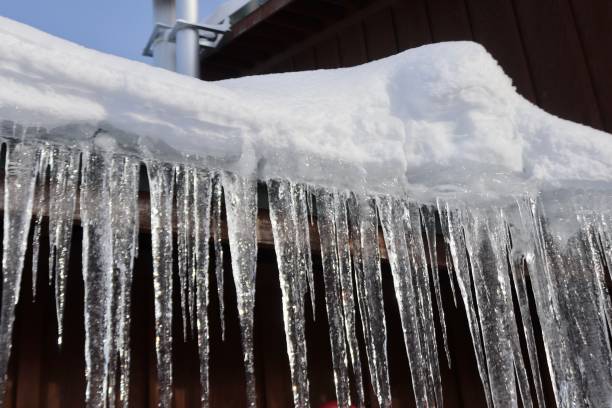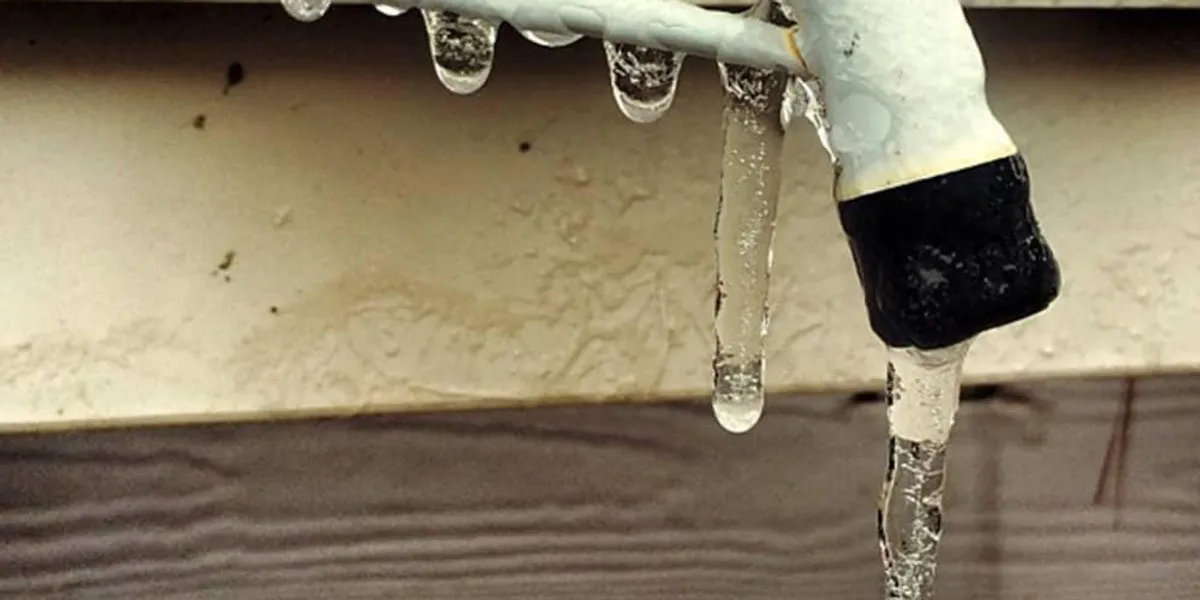How do you actually feel in regards to How to Prevent Your Pipes From Freezing?

Cold weather can wreak havoc on your plumbing, especially by freezing pipes. Here's how to prevent it from taking place and what to do if it does.
Introduction
As temperatures decrease, the danger of frozen pipes boosts, potentially resulting in costly fixings and water damages. Comprehending exactly how to stop icy pipes is crucial for property owners in cold environments.
Prevention Tips
Protecting susceptible pipelines
Wrap pipelines in insulation sleeves or utilize warmth tape to safeguard them from freezing temperature levels. Focus on pipes in unheated or external areas of the home.
Heating strategies
Keep indoor rooms effectively heated, particularly locations with pipes. Open up cabinet doors to allow warm air to flow around pipes under sinks.
Exactly how to determine icy pipelines
Try to find decreased water flow from taps, uncommon smells or sounds from pipes, and visible frost on subjected pipes.
Long-Term Solutions
Architectural changes
Think about rerouting pipes far from exterior walls or unheated locations. Add extra insulation to attic rooms, basements, and crawl spaces.
Updating insulation
Buy top notch insulation for pipes, attic rooms, and walls. Correct insulation assists keep constant temperature levels and decreases the threat of frozen pipes.
Securing Outdoor Plumbing
Yard hoses and outside taps
Disconnect and drain pipes yard hose pipes prior to winter season. Set up frost-proof spigots or cover outdoor faucets with insulated caps.
Comprehending Icy Pipes
What creates pipes to ice up?
Pipelines ice up when exposed to temperatures listed below 32 ° F (0 ° C) for expanded periods. As water inside the pipelines ices up, it expands, putting pressure on the pipe wall surfaces and possibly causing them to burst.
Dangers and damages
Frozen pipes can cause water supply disruptions, building damages, and pricey repairs. Ruptured pipes can flood homes and cause substantial architectural damage.
Signs of Frozen Pipes
Recognizing frozen pipelines early can prevent them from bursting.
What to Do If Your Pipelines Freeze
Immediate actions to take
If you suspect icy pipes, keep taps open to relieve stress as the ice melts. Utilize a hairdryer or towels soaked in warm water to thaw pipelines gradually.
Final thought
Avoiding icy pipes calls for positive measures and fast reactions. By recognizing the causes, indicators, and safety nets, property owners can secure their plumbing during winter.
Helpful Tips to Prevent Frozen Pipes this Winter
UNDERSTANDING THE BASICS: WHY PIPES FREEZE AND WHY IT’S A PROBLEM
Water freezing inside pipes is common during the winter months, but understanding why pipes freeze, and the potential problems it can cause is crucial in preventing such incidents. This section will delve into the basics of why pipes freeze and the associated problems that may arise.
THE SCIENCE BEHIND FROZEN PIPES
When water reaches freezing temperatures, it undergoes a physical transformation and solidifies into ice. This expansion of water as it freezes is the primary reason pipes can burst. As the water inside the pipe freezes, it expands, creating immense pressure on the walls. If the pressure becomes too great, the pipe can crack or rupture, leading to leaks and water damage.
FACTORS THAT CONTRIBUTE TO PIPE FREEZING
Low Temperatures: Extremely cold weather, especially below freezing, increases the risk of pipes freezing. Uninsulated or Poorly Insulated Pipes: Pipes located in unheated areas, such as basements, crawl spaces, or attics, are more prone to freezing. Insufficient insulation or lack of insulation altogether exacerbates the problem. Exterior Wall Exposure: Pipes running along exterior walls are susceptible to freezing as they encounter colder temperatures outside. Lack of Heating or Temperature Regulation: Inadequate heating or inconsistent temperature control in your home can contribute to frozen pipes. PROBLEMS CAUSED BY FROZEN PIPES
- Pipe Bursting: As mentioned earlier, the expansion of water as it freezes can cause pipes to burst, resulting in significant water damage.
- Water Damage: When pipes burst, it can lead to flooding and water damage to your property, including walls, ceilings, flooring, and personal belongings.
- Structural Damage: Prolonged exposure to water from burst pipes can compromise the structural integrity of your home, leading to costly repairs.
- Mold and Mildew Growth: Excess moisture from water damage can create a favorable environment for mold and mildew growth, posing health risks to occupants.
- Disrupted Water Supply: Frozen pipes can also result in a complete or partial loss of water supply until the issue is resolved.
WHY CERTAIN PIPES ARE MORE PRONE TO FREEZING
- Location: Pipes located in unheated or poorly insulated areas, such as basements, crawl spaces, attics, or exterior walls, are at higher risk of freezing.
- Exterior Pipes: Outdoor pipes, such as those used for irrigation or exposed plumbing, are particularly vulnerable to freezing as they are directly exposed to the elements.
- Supply Lines: Pipes that carry water from the main water supply into your home, including the main water line, are critical to protect as freezing in these lines can affect your entire plumbing system.
- Underground Pipes: Pipes buried underground, such as those connected to sprinkler systems or outdoor faucets, can be susceptible to freezing if not properly insulated.
https://busybusy.com/blog/helpful-tips-to-prevent-frozen-pipes-this-winter/

I recently found that piece of writing on Winter Plumbing Precautions: Preventing Frozen Pipes while doing a lookup on the internet. Do you know somebody who is curious about the subject? Be sure share it. Thanks a lot for being here. Don't forget to visit our website back soon.
Click Here To Read More